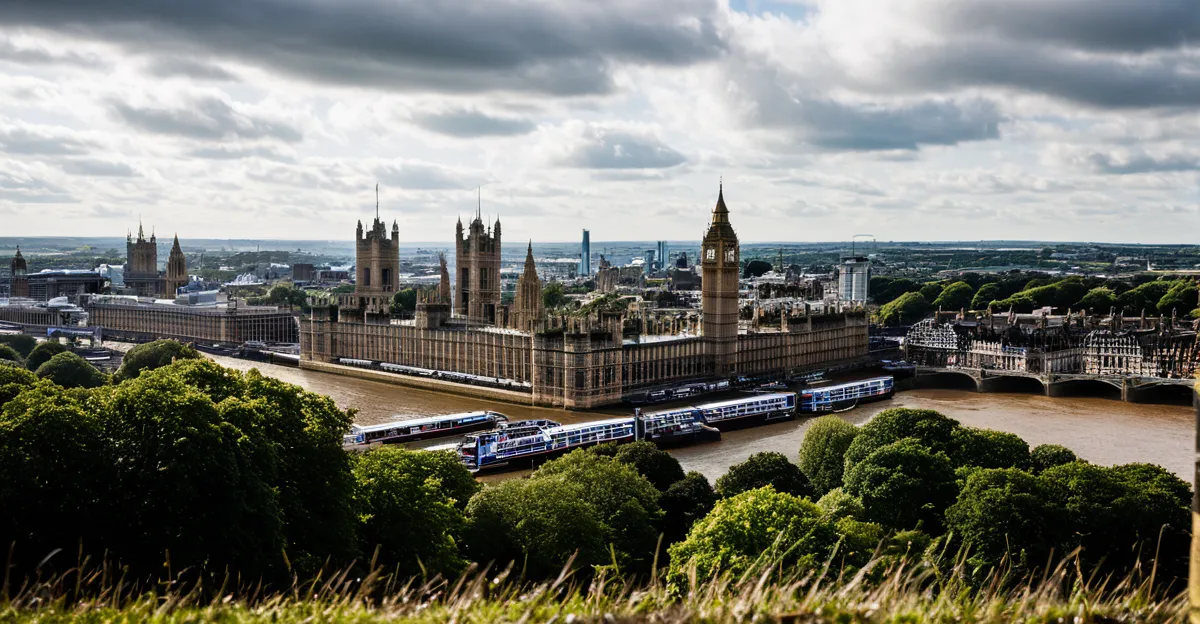Current State of the UK’s Political Environment
The political landscape in the UK today is marked by significant shifts following recent elections that have reshaped party power balances. The most notable recent development has been the consolidation of the ruling party’s influence amid fluctuating support for opposition groups. This realignment has set the stage for evolving alliances that are crucial in shaping the current UK government’s policy agenda.
Key players include the major parties, whose leadership and strategic coalitions heavily influence legislative priorities. The interplay between these actors determines the direction of important policy shifts, ranging from economic strategy to social reforms. Public reactions to these changes have been mixed, often reflecting regional and demographic divides that underline the complexity of UK politics today.
Additional reading : What are the UK’s plans for future healthcare improvements?
Noteworthy policy adaptations reflect attempts to address pressing national concerns such as economic recovery and social welfare. These moves sometimes generate contentious public debate, illustrating the delicate balance the government must maintain to respond effectively to its constituents. Understanding this dynamic is essential for grasping the current political climate’s challenges and opportunities within the UK.
Influences Shaping the Future of UK Politics
Navigating political trends UK reveals how deeply economic conditions and societal influences shape voter behaviour today. Economic challenges, such as inflation and employment uncertainties, weigh heavily on public priorities, directly affecting support for political parties and their platforms. Social trends like demographic shifts and evolving cultural values also play crucial roles in redefining the political landscape UK faces. These complex factors intertwine to influence electoral outcomes and the current UK government’s agenda.
Also read : What Are the Key Impacts of Recent Political Changes in the UK?
One cannot overlook the ongoing impact of Brexit on UK politics today. Brexit has fundamentally altered trade negotiations and economic partnerships, compelling the current UK government to continuously adapt policy frameworks. This shift creates both opportunities and challenges that inform debates on sovereignty, economic stability, and global positioning. The Brexit impact remains a persistent force driving political change factors UK must address to stabilize and progress.
Media coverage and public opinion actively shape political change factors UK-wide. Media narratives often highlight contentious issues, swaying public discourse and focusing attention on specific policy decisions made by the current UK government. By molding public sentiment, the media influences policymaker responses and election strategies, making it a crucial player in the ongoing evolution of the political landscape UK experiences. The combined effect of economic conditions, Brexit impact, and media dynamics underscores the multifaceted environment defining political trends UK must navigate moving forward.
Polling Trends and Public Sentiment
Understanding UK polling data offers crucial insights into public opinion and political forecasts shaping today’s UK politics today. Recent polls consistently show fluctuating support across major parties, reflecting dynamic shifts in voter priorities. For instance, the current UK government experiences variable popularity influenced by perceptions of economic management and social policy effectiveness.
Shifts in public sentiment reveal growing concern over issues such as inflation, healthcare, and education. These concerns drive electoral behavior and impact the political landscape UK parties must navigate. Notably, younger voters exhibit distinct preferences, often favouring progressive policies and new political voices, which challenges traditional party dominance. Regional variations further complicate the picture, with differing priorities evident between urban and rural constituencies.
Examining these trends clarifies how political forecasts depend on the evolving moods of the electorate. The increasing influence of younger demographics and regional distinctions means that parties must adapt strategies continuously. This interplay shapes the political landscape UK faces, informing policymaking approaches taken by the current UK government to respond effectively to its constituents’ demands.

